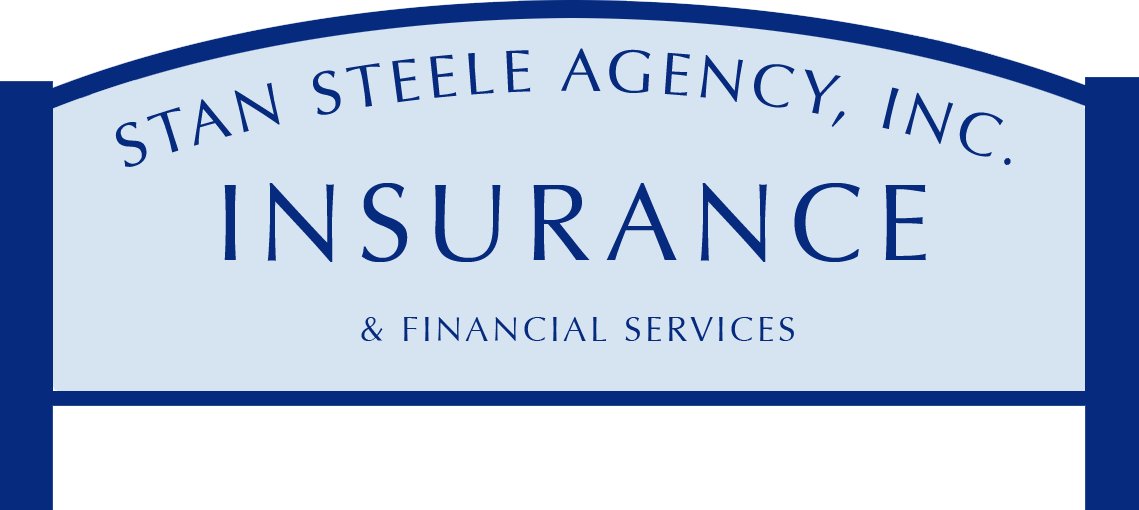The Three Types of Insurance Agents
There are three ways that insurance companies offer their products to consumers. Each has its own set of pros and cons. Two of these methods involve a long-term relationship with one or more trusted advisors. One does not. We'll start there:
Buying Direct from the insurance company:
Pros: You can buy insurance from your home wearing only your underwear. You don't have to talk to a real person. You can go insurance shopping at any time of day. Funny advertisements can help you feel justified that you're getting a really low rate. You have the opportunity to meet a lot of new people since you get someone new with every contact and each transaction, so you don't have to worry about dealing with the same person every time you get on the phone.
Cons: Shopping for insurance is relegated to picking one or more insurance companies that you recognize from advertising. You do the legwork in checking with each one. If you buy over the phone, a high-pressure sales rep will walk you through a manipulative sales script. Alternatively, if you choose to buy online, a random person from anywhere in the world is the one receiving and processing your request. Advances in technology create the illusion that customizing your policy is safe to do by anyone. Simplicity of purchasing can leave consumers with a false sense of security regarding their coverage adequacy. You're at the mercy of the insurance company because there is no broker that works on your behalf. You'll be on your own when a dispute arises over a customer service or claim issue. If a change in your life triggers your curiosity about the rates from other insurers, you start all over having to check with each insurer on your own.
Buying from an agent that works exclusively with one insurer:
Pros: Many big brand insurers such as Amica, Farmers, Allstate, State Farm, and Liberty Mutual spend tons of money on advertising their corporate brand. You can rest well knowing that you're with a financially stable company and an agent that you will work with on a regular basis. Because the agent only works with one insurance carrier, they will have extensive product knowledge and be very familiar with the processes of the insurance company. Over time, you build a relationship with the local agent and the office staff. The better they get to know you, the better they can help you.
Cons: The insurance company has a contract that limits the diversity of products that the agent can offer you. If the product that is in your best interest is not offered by that agent, he or she will be unable to make an informed recommendation. They don't get paid unless you buy the only product they have to offer. They work on commission and are under pressure to write a lot of policies. They will use high-pressure sales pitches. Over time, insurance companies themselves will need to raise insurance premium rates in order to generate a sufficient profit for the shareholders. There is an ongoing ebb and flow wherein rates are targeted at a certain demographic in order to write a lot of new policies, then after a while the rates increase in order to allow the insurance company to make more money off of you. If you have your insurance with an exclusive agent, you may be forced to choose between having an affordable insurance premium and maintaining the relationship that you've built over the years.
Buying from an independent agent:
Pros: An independent agent will have the ability to offer insurance policies from multiple insurance companies. This is good for clients because they can deal with one agent for all policies. When your insurance needs change, you can maintain your relationship with the agent even if those changes necessitate a shift in insurance companies. Independent agents tend to be able to handle the needs of small businesses and commercial insurance as well as personal insurance needs. Many of the employee agent companies and exclusive insurance agents focus on one or two market segments, while independent agents tend to serve a broader market.
Cons: The independent agent does not represent 100% of the available insurance companies in the state because some only do business with employee-agents or agents that commit to exclusively sell their products. If you're the kind of person that needs the absolute cheapest policy available, your agent may not represent the company that is cheapest for you today. Since the factors that affect the cost of your insurance policy may change drastically and frequently, you can't be certain that you've gotten the lowest price. If you think price is the only important feature of a policy, you would do well to reconsider making coverage and the promises contained in the policy your objective.
Read next: What to look for in an insurance agent
